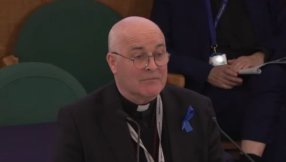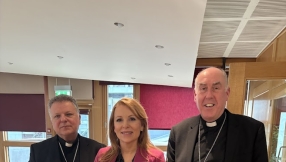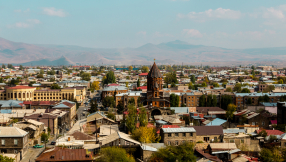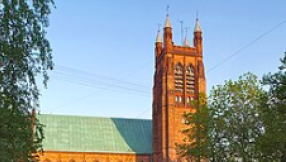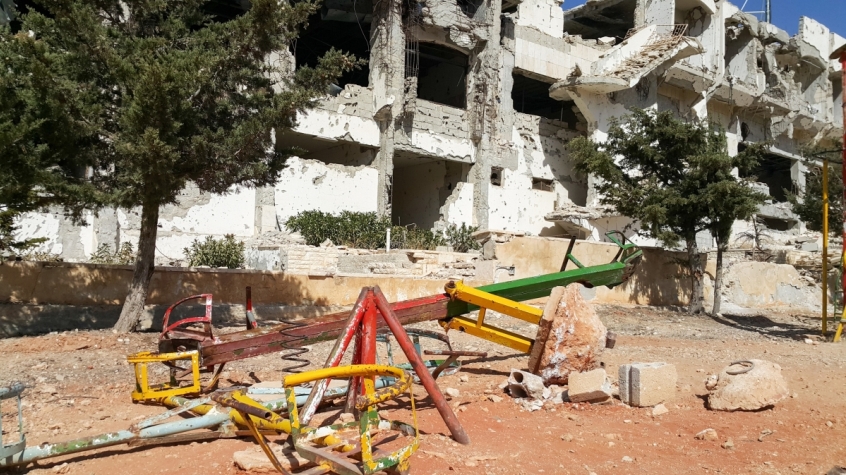
Syrian girls as young as 11 are being married off by their families in exchange for money, and children as young as seven recruited to fight in the war that has been raging since 2011, according to Christian persecution charity Open Doors.
A field worker in Syria said: "Very young children are being used in child labour and girls as young as eleven are being married off, sometimes in exchange for rent and other necessities."
"Many children have been directly impacted by the violence, suffering from physical and psychological trauma and being forced to leave their homes," he added.
"Children as young as seven are being recruited into the armed conflict, many suffer from increased levels of physical abuse at home, and young girls are at particular risk of sexual abuse, abduction, and exploitation."
Children in the Syrian province of Homs are now being offered respite in a centre funded by Open Doors and run by a partner organisation in Syria.
Some 320 youngsters aged 3-14 play and participate in activities at the centre, which is described by Open Doors as "a safe space where children can develop and grow and have access to critical psychosocial support".
Many Syrian schools have been closed during the war and Open Doors estimates that in 2015 some 40 schools were attacked by one of the fighting factions. A large number of Syrian children are not attending school because of the security situation.
The 'Child Friendly Space' is located in an area close to Homs that is home to many displaced Syrians, and is open from Thursdays to Sundays. "The activities are designed specifically for each specific age group to promote child development, psychosocial well-being, and coping skills," Open Doors said. "Activities include games, arts and crafts, music, drama, sports, free play, emergency education, and child protection awareness."
The field worker explained that children benefit from a renewed sense of routine. "By providing a safe place to learn and play, the space also reduces children's risk of becoming involved in child labour and early marriage or sexual exploitation, and it significantly improves children's psychosocial well-being as they regain a sense of routine and normalcy, and are able to process difficult experiences," he said.
He added that the play area has made the children feel better. "Playing is essential for their emotional and psychological development. Because of their lack of opportunity to play, children felt isolated and stressed; this even led to an increased violence amongst them. Now they have their own space, they slowly start to feel better. The informal education they receive is essential to them as they can't go to school."
The centre is also benefiting the wider community. "The Child Friendly Space engages members of the community, so it is also strengthening the ties between the church and its surrounding community as they respond together to the needs of children," the field worker said.
Homs remains in government control but has been hit by sporadic violence, as recently as this week, between Syrian forces and ISIS.
Last week, ISIS militants took responsibility for shooting down a Russian warplane over the city.
In late 2015, rebels began evacuating the last district they held in Homs, a city of strategic importance situated roughly halfway between Damascus and Aleppo, and close to Lebanon.
The history of Homs stretches back to the 1st Millennium BC.
Syria is number five on Open Doors' 'World Watch List' which ranks the severity of persecution faced by Christians in countries around the world.










